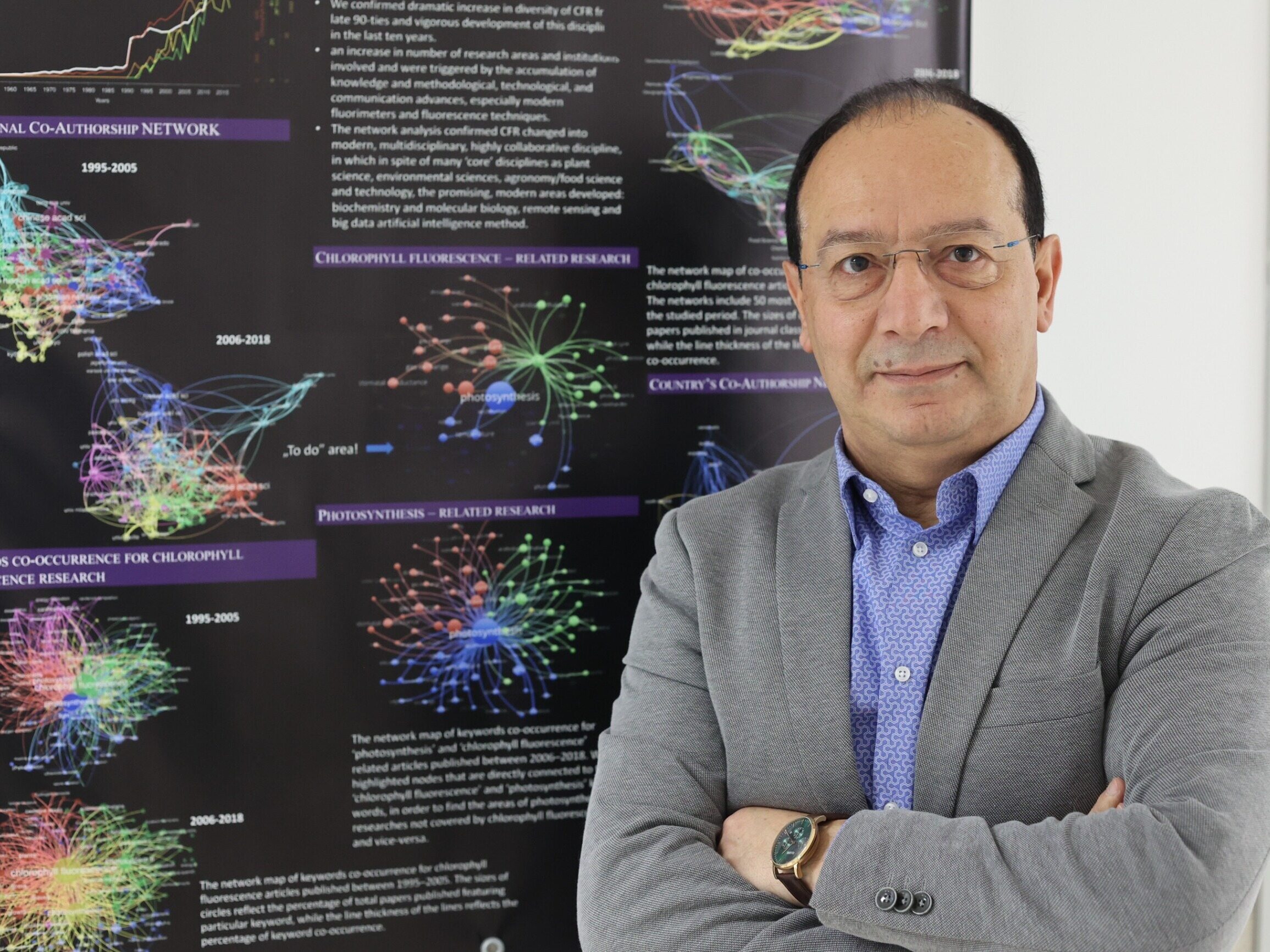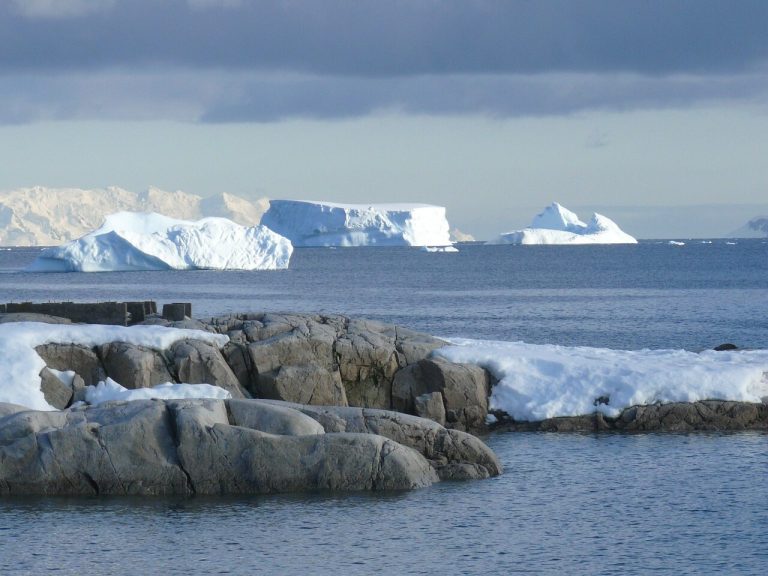Polish scientist appreciated abroad. Prof. Hazem Kalaji is the author of a unique medical invention

In this year’s ranking of the best scientists in the field of agricultural sciences in Poland, he was ranked 3rd out of 1000. His world consists of plants, about which he believes that we still know little about them. Prof. dr hab. Hazem M. Kalaji from the Warsaw University of Life Sciences constantly emphasizes their role in our lives, discovers their potential, and also passes this knowledge on. There is, among others the author of the idea for an “antiviral plant mask”.
Magdalena Irzycka, “Wprost”: You obtained the 3rd position in Poland in the Ranking of the 1000 best scientists in the field of plant sciences and agronomy in 2022. Is this a great honor for a scientist?
Prof. dr hab. Hazem M. Kalaji: I believe that belonging to the group of the best scientists in the world (1% in 2019-2021, regardless of specialization) is a result, not a distinction. This is the result of hard work and a high level of time organization as well as good management of available human and material resources.
Ever since I decided to become a scientist, I knew that a difficult task awaited me, but thanks to my openness to the world and focus on international cooperation, I managed to build a network of collaborators from over 50 countries over the course of several decades.
By combining various innovative research topics with an extensive network of international contacts, I was able to expand the horizon of my research and publish over 200 scientific publications in renowned journals. These works were often cited by other scientists, hence these results.
What made you interested in the world of plants?
At the beginning of my research, I noticed that our information about the world of plants is very scarce, despite the fact that they constitute over 80% of all living organisms on Earth today. In the following years of my research, I began to realize that plants are a more “intelligent” organism than animals and humans. Their “intelligence” lies in the fact that they have a more complex and advanced system of survival and adaptation to environmental conditions.






